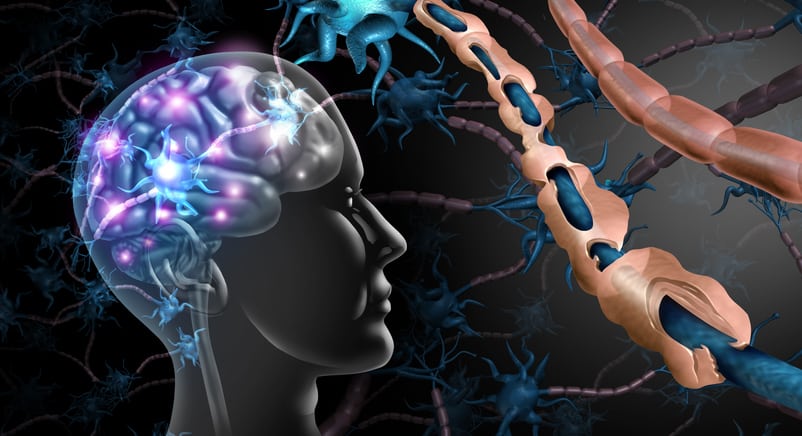It is critical to develop empirically based, community-treatment friendly, psychotherapy interventions to improve treatment for patients with comorbid chronic pain and Opioid Use Disorder. Understanding factors that increase patient adherence and attendance is important, along with strategies targeted to address those issues.
Based on initial psychophysiology research on adults with OUD and chronic pain, we created an integrated cognitive-behavioral, 12-week outpatient group therapy called STOP (Self-regulation Therapy for Opioid addiction and Pain). In this study, we pilot tested STOP in a Stage 1a feasibility and acceptability study to identify unique treatment needs and factors that increased session attendance, adherence to treatment, and improved outcomes. Fourteen individuals on medication for OUD with co-occurring chronic pain participated.
STOP had high attendance rates (80%; and active patient engagement). Urine toxicology showed no illicit drug use after week 8. Data analysis from pre-intervention to a 3-month follow-up showed significant functional improvement (F(1,12) = 45.82;p < 0.001) and decreased pain severity levels (F(1,12) = 37.62;p < 0.01). Participants reported appreciation of the unique tools to counteract physiological activation during a pain flare or craving. Participants also reported benefit from in-session visual aids, applicable pain psychology information, take-home worksheets, tools for relaxation practice, learning to apply the therapy tools.
STOP is a 90-min 12-week rolling-entry group therapy based on previous research identifying psychophysiological needs of pain and OUD patients that can be seamlessly incorporated into community addiction treatment clinics.
Preliminary results of STOP are promising with high patient engagement and adherence and significant reductions in drug use and pain.
ClinicalTrials.Gov NCT03363243 , Registered Dec 6, 2017.
© 2022. The Author(s).
Developing a novel treatment for patients with chronic pain and Opioid User Disorder.


